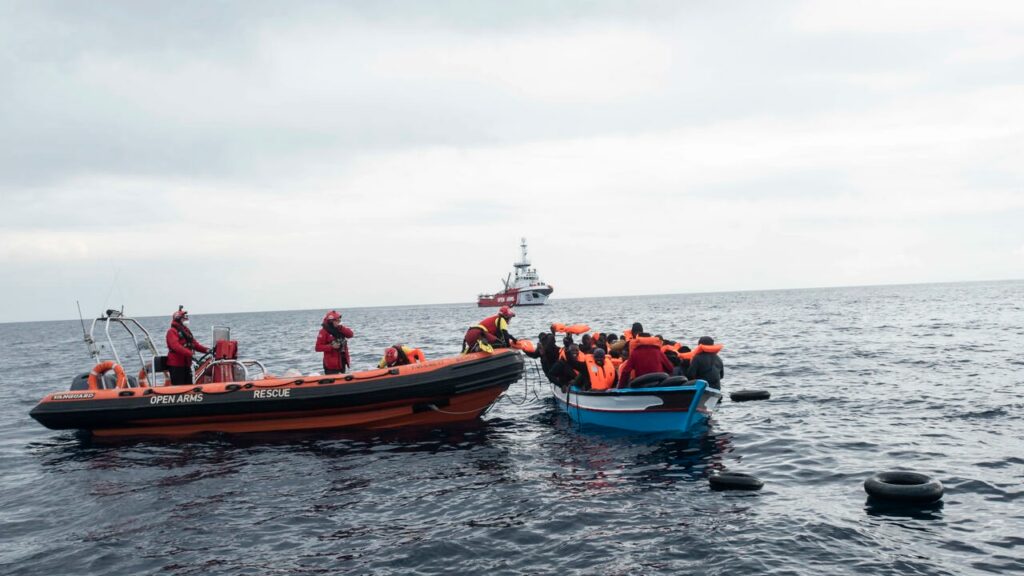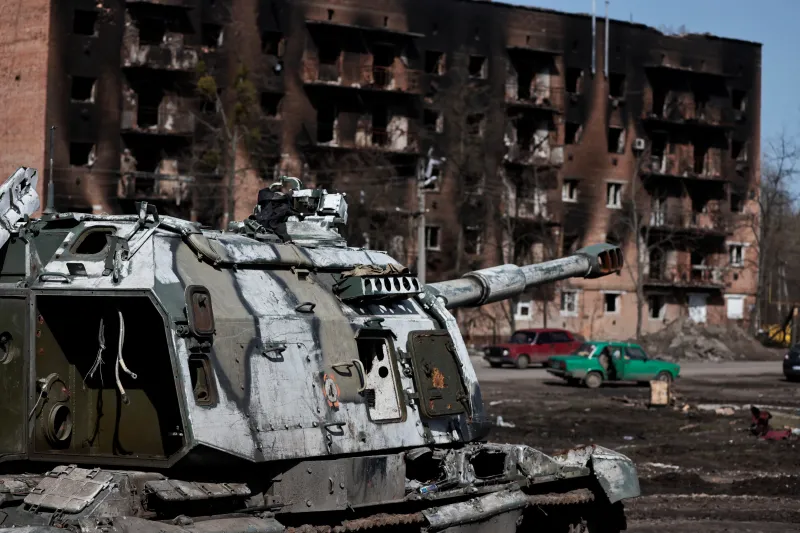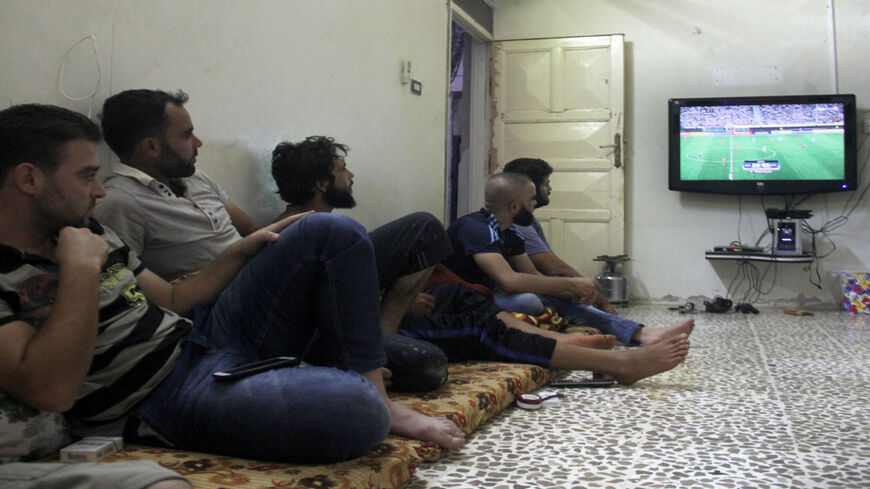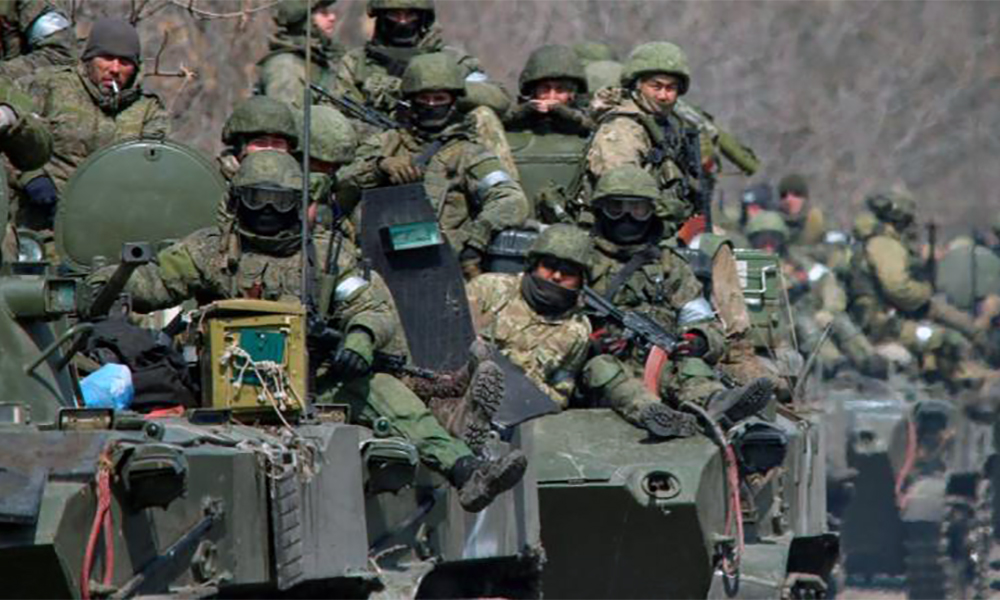Pénuries d’essence : le Nigeria victime de la crise énergétique européenne ?

En pleine flambée des cours des hydrocarbures, l’Europe occidentale lorgne le pétrole nigérian. Pourtant, la population du premier producteur d’or noir d’Afrique subsaharienne ne profite pas de cette opportunité. Au contraire.






